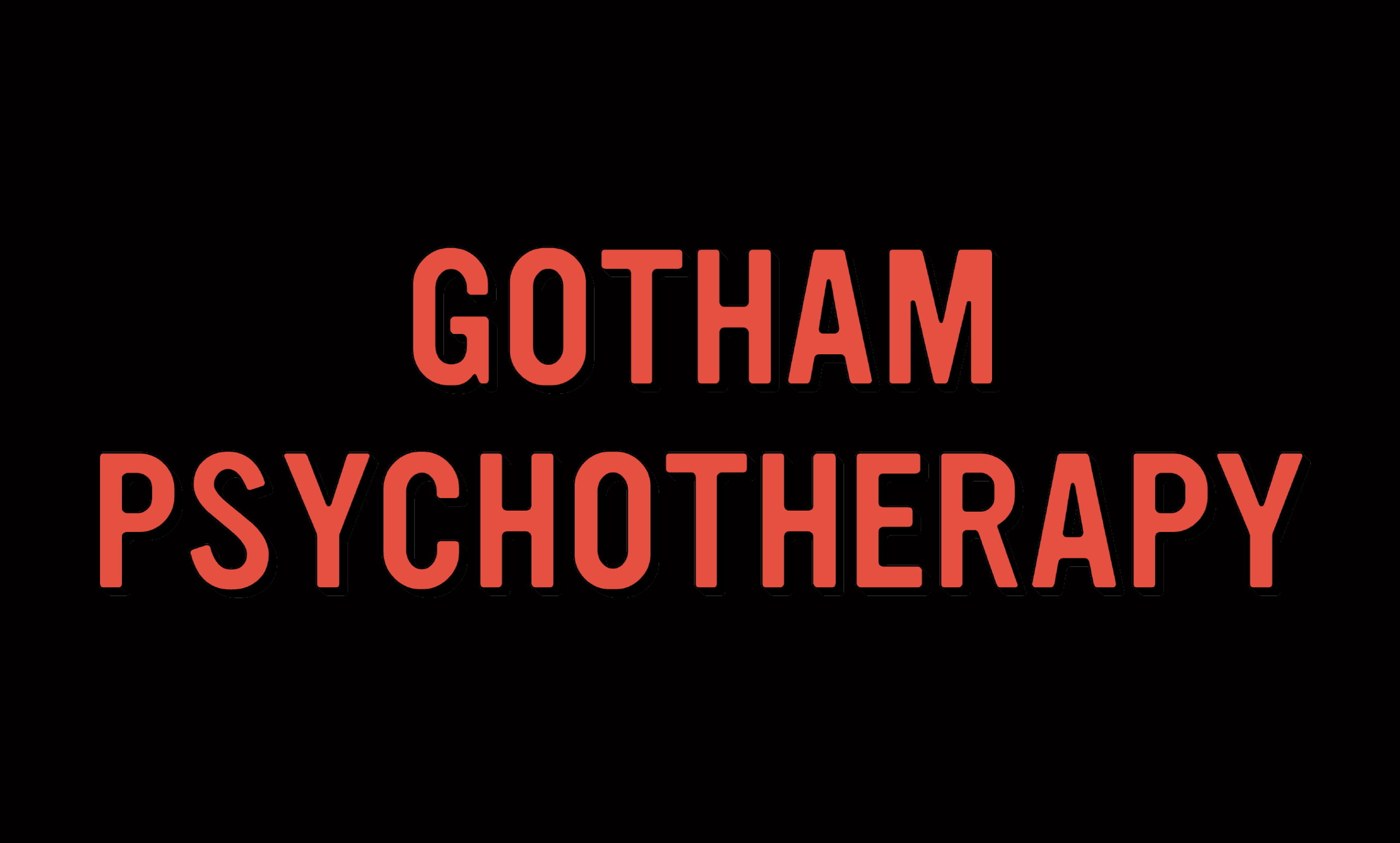Anxiety
Understanding Anxiety Disorders
Anxiety is a natural human response to stress, but when worry and fear become overwhelming, persistent, or interfere with daily functioning, it may signal the presence of an anxiety disorder. These conditions are among the most common mental health concerns and, importantly, they are highly treatable with professional care.
At Gotham Psychotherapy, treatment for anxiety is approached with compassion, evidence-based methods, and individualized care plans to help patients find relief and regain balance in their lives.
How Anxiety Impacts Daily Life
When left untreated, anxiety disorders can disrupt work, school, relationships, and overall quality of life. They may limit opportunities, increase isolation, and contribute to physical health problems.
With effective treatment, patients often experience significant improvement in functioning, confidence, and emotional well-being.
Treatment Approaches at Gotham Psychotherapy
Therapy is tailored to meet the unique needs of each patient.
Evidence-based treatments offered include:
Cognitive Behavioral Therapy (CBT): Identifying and changing unhelpful thought patterns and behaviors
Exposure Therapy: Gradual, guided exposure to feared situations to reduce avoidance and fear
Acceptance and Commitment Therapy (ACT): Fostering flexibility and mindfulness while aligning actions with personal values
Mindfulness-Based Interventions: Reducing stress and building awareness through meditation and grounding techniques
Supportive Psychotherapy: Providing a safe, nonjudgmental space to explore challenges, strengthen coping skills, and build resilience
Collaborative Care: Coordination with prescribers if medication support is part of the treatment plan

